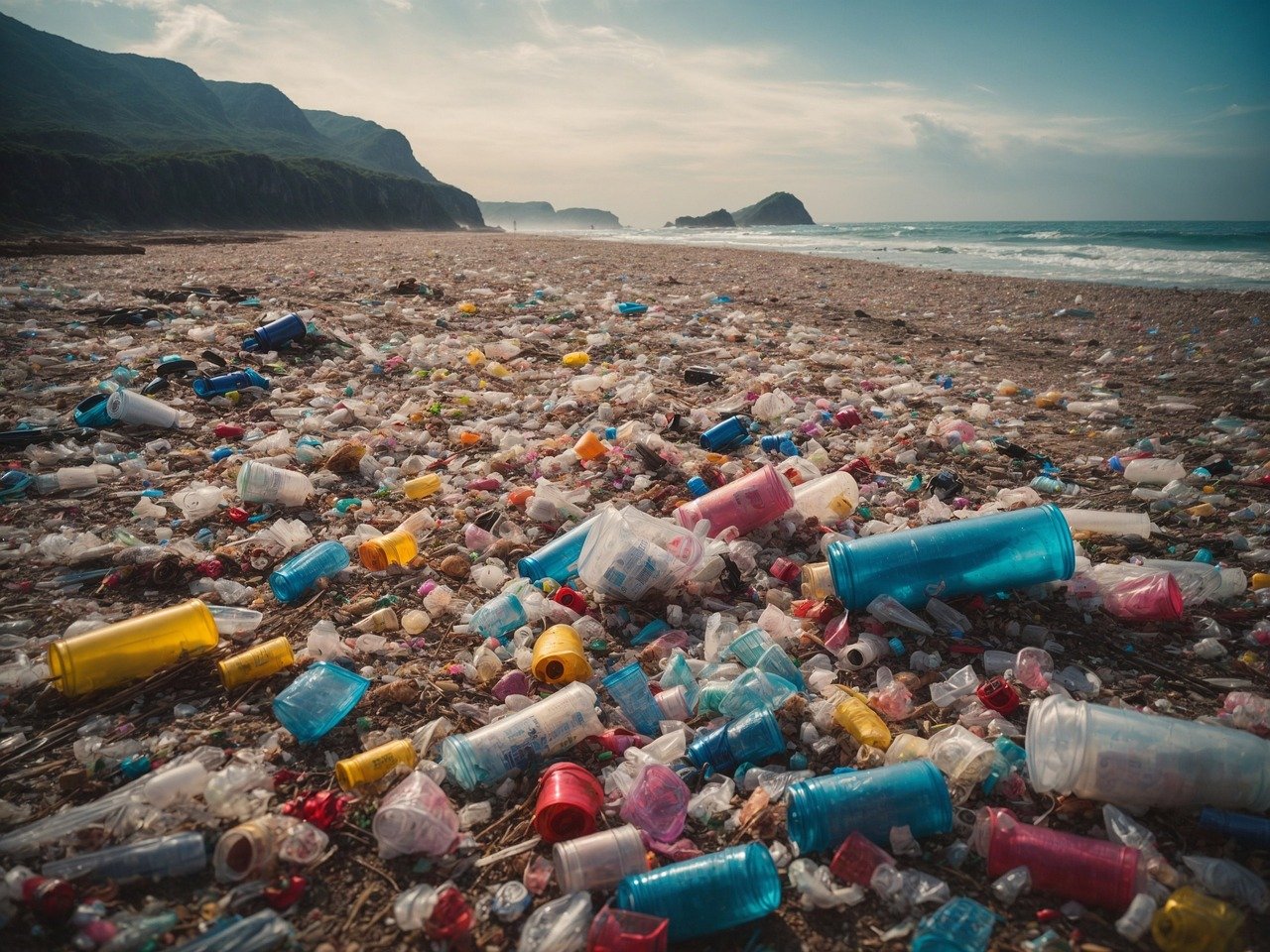Uganda, like many other countries, faces challenges related to plastic waste. Plastic pollution is a global issue, and it has significant environmental, social, and economic impacts. Here are some key aspects of the plastic waste challenge in Uganda:
- Lack of Proper Waste Management Infrastructure:
- One of the primary challenges is the inadequate waste management infrastructure in Uganda. Many areas lack efficient waste collection and disposal systems, leading to the improper disposal of plastic waste.
- Rural and Urban Disparities:
- Urban areas may have better waste management systems compared to rural areas. However, both urban and rural areas face challenges related to plastic waste, albeit to varying degrees.
- Single-Use Plastics:
- The use of single-use plastics, such as plastic bags and packaging, contributes significantly to the plastic waste problem. These items are often discarded after a single use and can take hundreds of years to decompose.
- Environmental Impact:
- Improperly disposed plastic waste can lead to environmental degradation. Plastic pollution affects soil, water bodies, and ecosystems, posing a threat to wildlife and human health.
- Health Risks:
- Burning of plastic waste, a common practice in some areas, releases harmful pollutants into the air, posing health risks to nearby communities.
- Limited Awareness and Education:
- There may be a lack of awareness among the general population regarding the environmental impact of plastic waste and the importance of proper waste management practices.
- Policy and Regulation:
- While Uganda has taken steps to address plastic pollution through policies and regulations, enforcement and implementation may face challenges. Additionally, the effectiveness of existing policies in curbing plastic use and promoting recycling needs to be continually assessed.
- Community Involvement and Recycling Initiatives:
- Involving local communities in waste management and promoting recycling initiatives can be crucial in addressing the plastic waste challenge. Encouraging the adoption of sustainable alternatives and supporting local recycling efforts are potential solutions.
- International Cooperation:
- Given the global nature of plastic pollution, collaboration with international organizations and neighboring countries can be beneficial. Sharing best practices, technology, and resources can contribute to more effective solutions.
It’s important to note that the situation may have evolved since my last update in January 2022. To get the latest information on Uganda’s efforts to address plastic waste, you may want to refer to more recent sources, including government reports, environmental organizations, and news articles.














